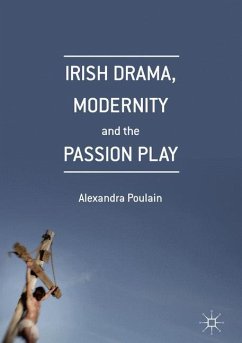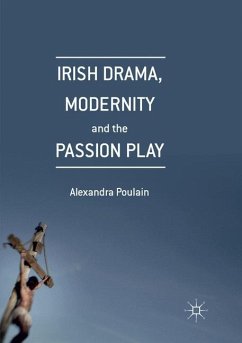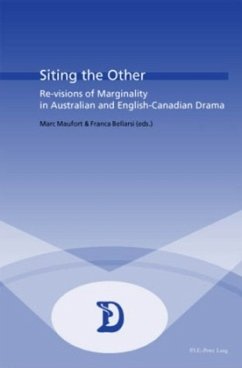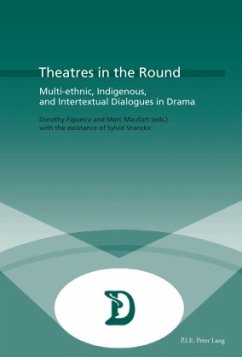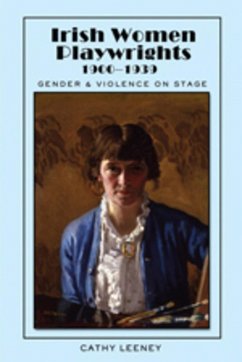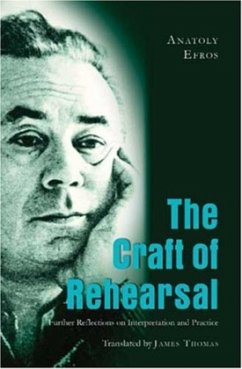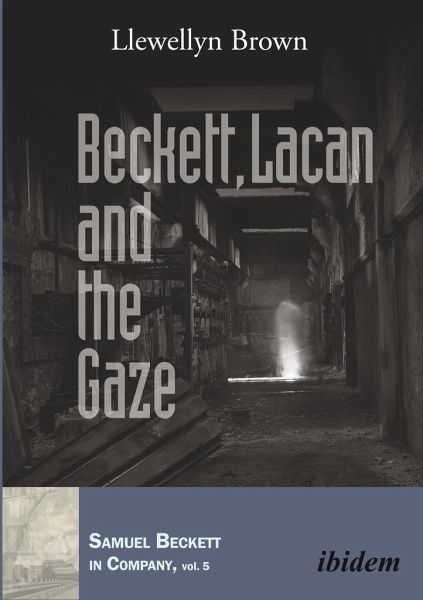
Beckett, Lacan and the Gaze
Versandkostenfrei!
Versandfertig in 6-10 Tagen
59,90 €
inkl. MwSt.
Weitere Ausgaben:

PAYBACK Punkte
0 °P sammeln!
Forming a pair with the voice, the gaze is a central structuring element of Samuel Beckett's creation. And yet it takes the form of a strangely impersonal visual dimension testifying to the absence of an original exchange of gazes capable of founding personal identity and opening up the world to desire. The collapse of conventional reality and the highlighting of seeing devices-eyes, mirrors, windows-point to the absence of a unified representation. While masks and closed spaces show the visible to be opaque and devoid of any beyond, light and darkness, spectres-manifestations without origin-r...
Forming a pair with the voice, the gaze is a central structuring element of Samuel Beckett's creation. And yet it takes the form of a strangely impersonal visual dimension testifying to the absence of an original exchange of gazes capable of founding personal identity and opening up the world to desire. The collapse of conventional reality and the highlighting of seeing devices-eyes, mirrors, windows-point to the absence of a unified representation. While masks and closed spaces show the visible to be opaque and devoid of any beyond, light and darkness, spectres-manifestations without origin-reveal a realm beyond the confines of identity, where nothing provides a mediation with the seen, or sets it within perspective. Finally, Beckett's use of the audio-visual media deepens his exploration of the irreducibly real part of existence that escapes seeing. This study systematically examines these essential aspects of the visual in Beckett's creation. The theoretical elaborations ofJacques Lacan-in relation with corresponding developments in the history and philosophy of the visual arts-offer an indispensible framework to understand the imaginary not as representation, but as rooted in the fundamental opacity of existence.




